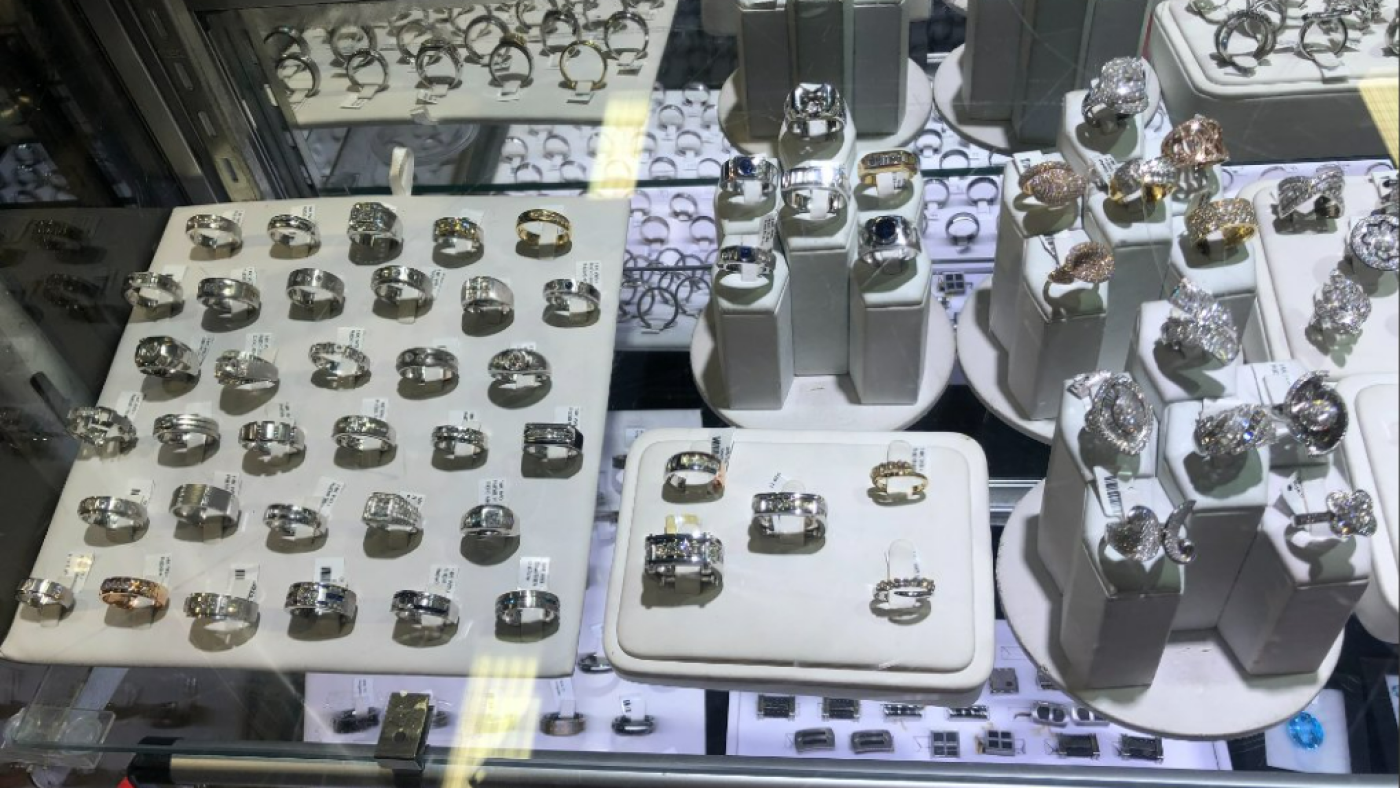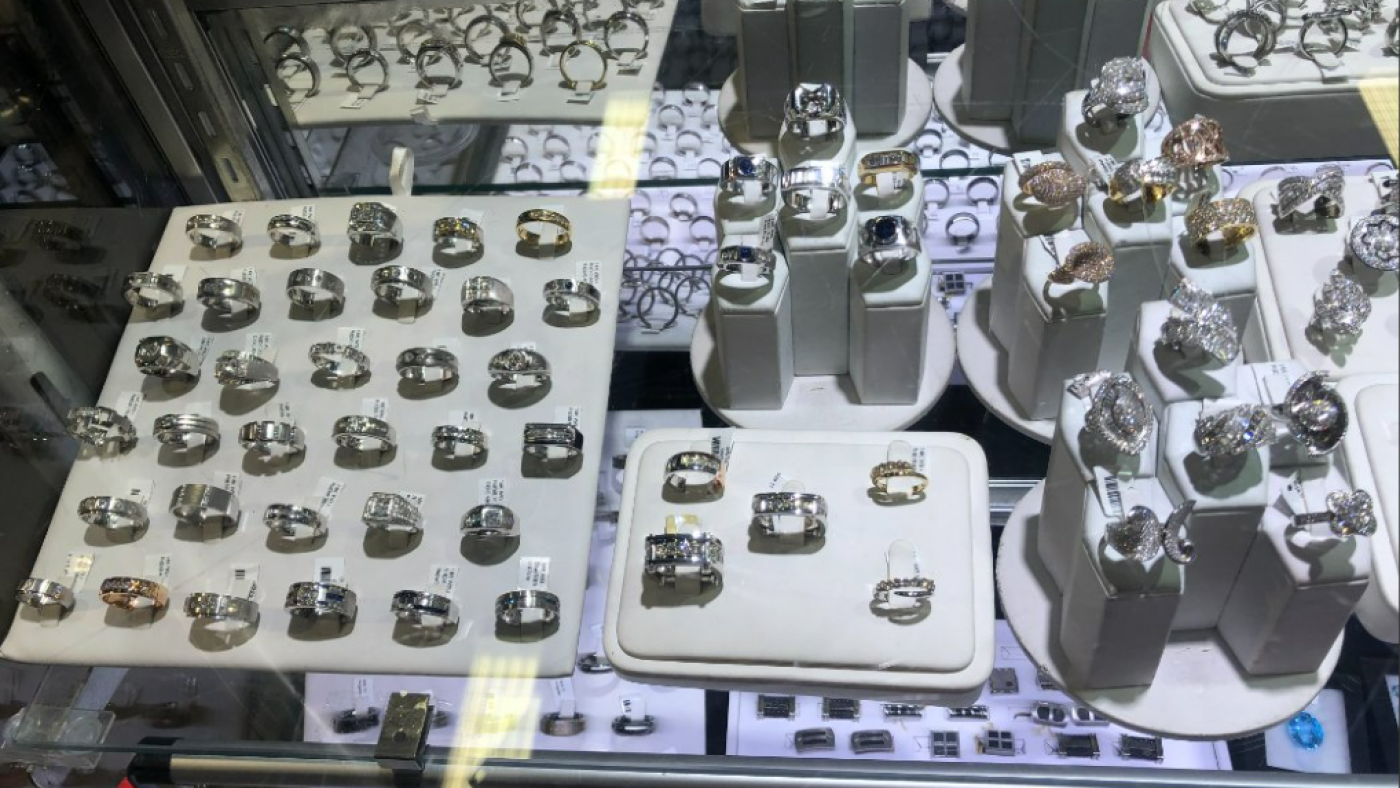The Unfolding of a Record-Breaking Heist
A Crime of Unprecedented Scale
The summer of 2022 will forever be marked by a daring and meticulously planned crime that has since been crowned the largest jewelry heist in United States history. Federal prosecutors have indicted seven men from Southern California, accusing them of orchestrating the theft of an estimated $100 million worth of precious stones and luxury timepieces. This audacious act was not a hasty smash-and-grab but a carefully executed operation targeting an armored semitruck carrying its valuable cargo away from an international jewelry show. The sheer scale and audacity of the theft have captivated the nation, prompting a thorough investigation and a swift legal response.
The Anatomy of the Crime
The indictment paints a picture of a sophisticated scheme. The seven individuals are accused of surveilling an armored Brinks truck as it departed the jewelry show. Instead of confronting the vehicle at the event, the group allegedly followed it, observing its route and identifying a vulnerable point—a rural freeway rest stop north of Los Angeles. This strategic choice suggests a period of reconnaissance and planning, indicating that the perpetrators were not merely opportunistic thieves but calculated criminals.
The heist itself involved overpowering the security personnel accompanying the truck and gaining access to the cargo hold. The stolen goods included a breathtaking array of valuables: gold, diamonds, rubies, emeralds, and a collection of high-end luxury watches. The sheer volume and value of the items taken are staggering, dwarfing many previous high-profile jewelry robberies. The precision of the operation, focusing on a specific target during transit, points to inside knowledge or a remarkably effective intelligence-gathering effort.
The Individuals Involved
All seven charged individuals reside in Southern California. While details about their backgrounds are still emerging, reports indicate that some of the suspects are undocumented immigrants. This detail has inevitably sparked debate, though authorities emphasize that the charges are based on criminal activity, not immigration status. The investigation is ongoing, and further details about the roles each individual played in the heist are expected to be revealed during the legal proceedings. The suspects are currently facing federal charges, which carry potentially lengthy prison sentences if convicted.
A Heist for the Record Books
The designation of this robbery as the “largest jewelry heist in U.S. history” is significant. It immediately places it in a category of its own, surpassing previous notable incidents. For context, the reports mention the 1964 “Jewel Heist of the Century,” a historical event that, while famous, pales in comparison to the sheer monetary value of the 2022 theft. The $100 million figure isn’t merely a symbolic number; it represents a substantial loss for the insurance companies involved and a significant challenge for law enforcement in recovering the stolen assets.
The scale of the heist also raises questions about security protocols surrounding the transportation of valuable goods. While armored trucks are designed to deter theft, this incident demonstrates that even robust security measures can be circumvented with sufficient planning and determination. It’s likely that the industry will re-evaluate its practices in light of this event, potentially implementing stricter security protocols and exploring new technologies to protect valuable shipments.
The Aftermath and Recovery Efforts
Following the unsealing of the indictment, a coordinated effort to recover the stolen goods is underway. The investigation is being led by federal authorities, with assistance from local law enforcement agencies. Recovering $100 million worth of diamonds, gold, and other precious items is a complex undertaking. The stolen goods are likely to be dispersed, potentially sold on the black market, or even broken down and recast to obscure their origins.
Authorities are appealing to the public for any information that might assist in the recovery efforts. This includes tips regarding the whereabouts of the stolen goods, as well as any knowledge about individuals who may have been involved in the heist or are currently attempting to sell the stolen items. The investigation is also focusing on identifying potential accomplices who may have aided the seven charged individuals.
The Broader Implications
This case extends beyond the immediate financial loss and the pursuit of justice. It highlights the vulnerability of even highly secured transportation systems to determined criminals. The sophistication of the planning suggests a level of criminal organization that is concerning. It also underscores the challenges faced by law enforcement in combating large-scale theft, particularly when dealing with valuable, easily transportable items like jewelry and precious stones.
The incident is likely to have a ripple effect on the jewelry industry, potentially leading to increased insurance premiums and a greater emphasis on security measures. It may also prompt a review of regulations governing the transportation of valuable goods, with a view to strengthening security protocols and reducing the risk of future heists.
A Legacy of Audacity
The 2022 jewelry heist will undoubtedly be remembered as a landmark event in the history of American crime. The sheer audacity of the operation, the staggering value of the stolen goods, and the meticulous planning involved have captured the public’s imagination. As the legal proceedings unfold and the investigation continues, the full story of this record-breaking heist will come into sharper focus. The case serves as a stark reminder of the ever-present threat of criminal activity and the importance of vigilance in protecting valuable assets. The pursuit of justice, and the recovery of the stolen fortune, remains a top priority for law enforcement, promising a compelling narrative for months, and perhaps years, to come.








